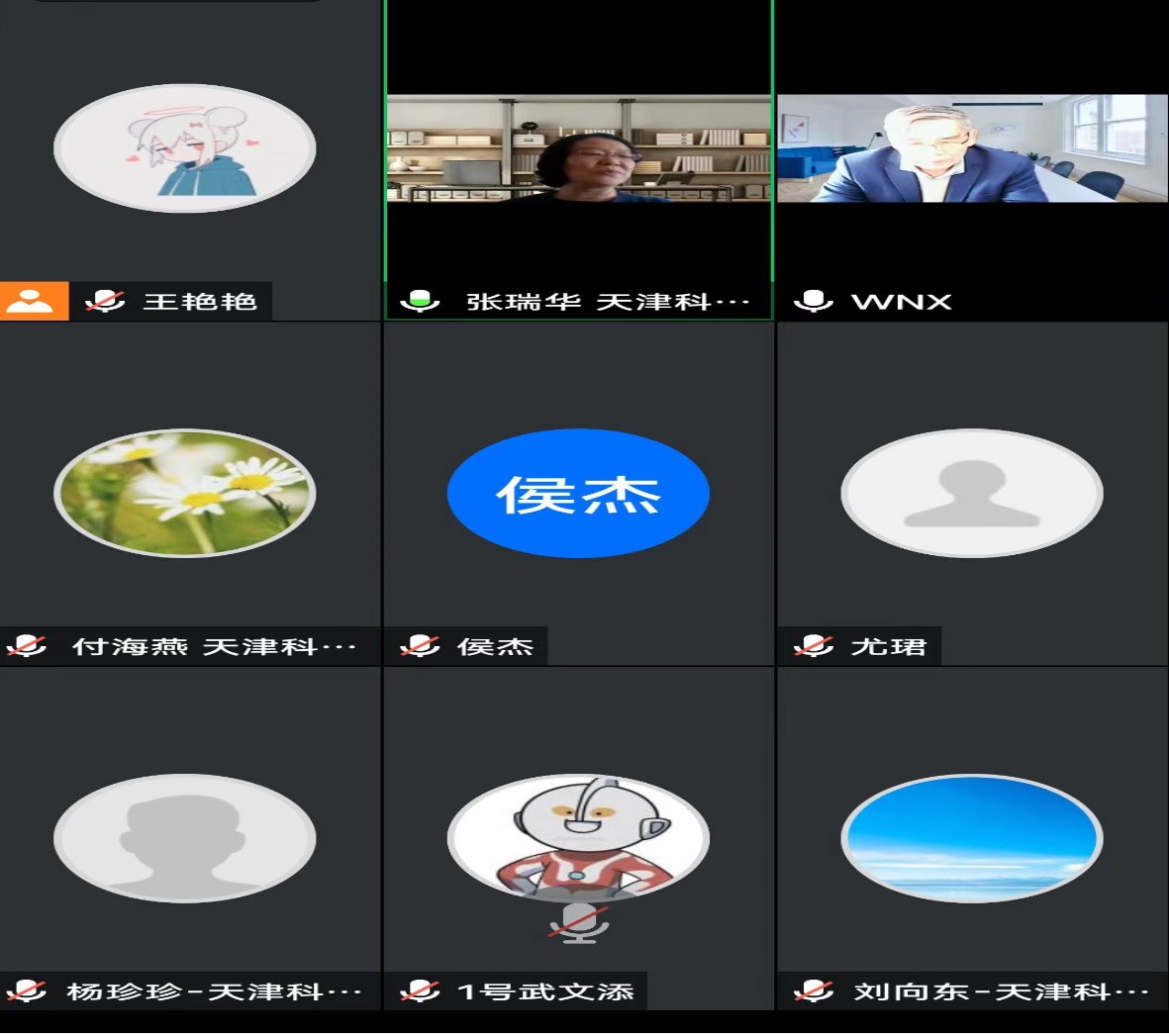The 5th “Shangyan Forum”Lecture Successfully HeldThe 5th “Shangyan Forum” Lecture was successfully held via Tencent Meeting onMarch 30 in which Professor Wei Naixing, a doctoral supervisor from the School of Foreign Languages at Beihang University gave a lecture titled “The Corpus Linguistics Path to Discourse Analysis: Methods, Challenges, and Prospects”. Faculty members, graduate students, undergraduates from the SFL as well as relevant experts and scholars from other institutions participated in the forumhosted by Professor Zhang Ruihua.
Professor Wei first mentioned the three types of discourse analysis of analysis of language use, analysis of language across sentence levels and analysis of the ideologies encompassed by language. He introduced the views and contributions of four experts who pioneered corpus linguistics research. He believes that corpus linguistics provides rich analytical techniques and methodologies for discourse analysis, especially critical discourse analysis. The combination of these two types of research activities produces a good synergistic effect, greatly enhancing the representative nature of discourse research data, the procedural nature of the analysis process, and the objectivity and credibility of the conclusions. Professor Wei pointed out that based on analytical techniques, current corpus discourse research activities can be classified into three types of Corpus-based Discourse Studies (CBDS), Corpus-assisted Discourse Studies (CADS), and Corpus-informed Discourse Studies (CIDS). These three types of research activities vary in their reliance on corpus data and their primary analytical techniques differ, but they generally form a continuous and unified methodology. During the lecture, Professor Wei used typical cases to illustrate the analytical characteristics of the three types of research activities and their connection or coupling with classical critical discourse analysis. He also analyzed the challenges facing discourse research in the context of the new technological revolution and suggested that scholars gradually broaden the application range of discourse research techniques and continuously conduct research and exploration in sociology, history, political science, and other fields. During the Q&A period, Professor Wei patiently answered questions from attending faculty and engaged in in-depth discussions. |
